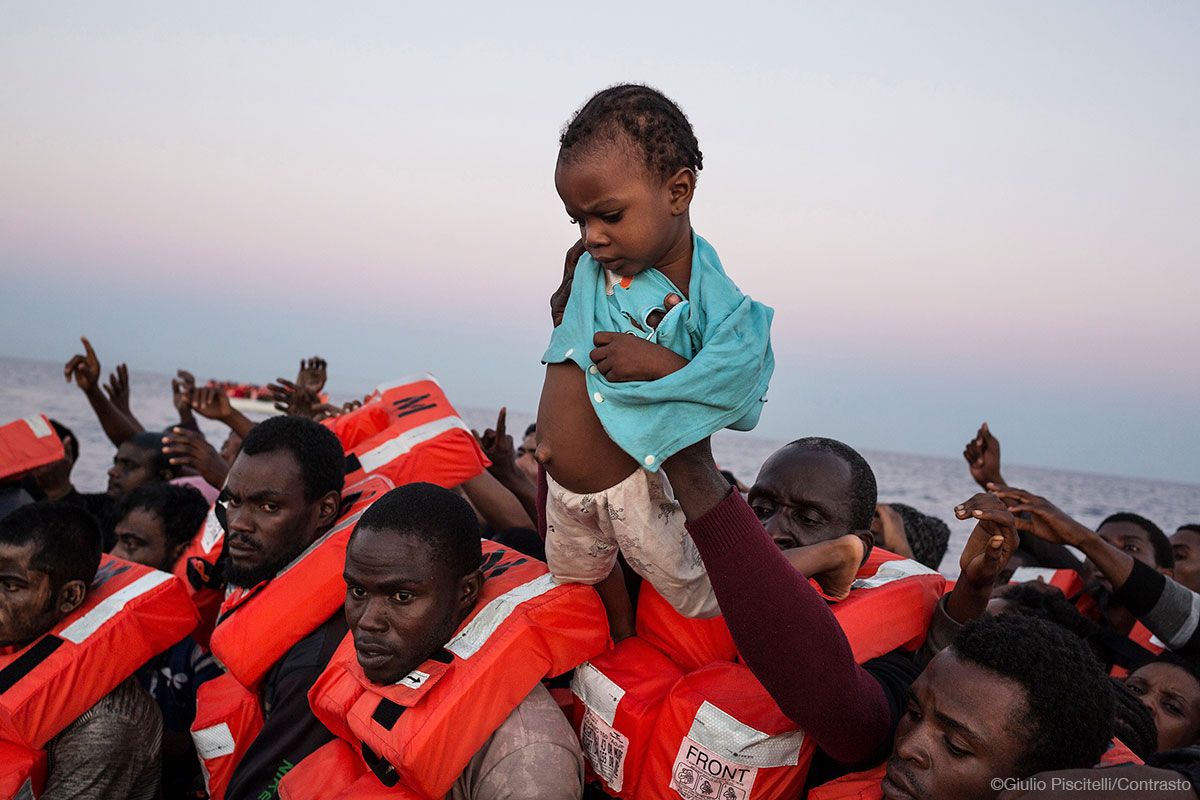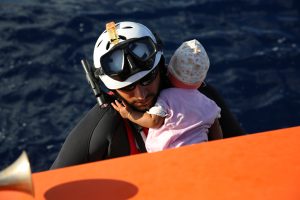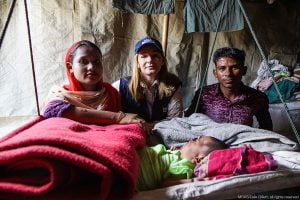On July 4th the European Commission approved an action plan aimed at finding a solution –at least in the short run- to the issue of disembarkations on Italian shores. For sure, Italy cannot be left alone to face the ongoing humanitarian crisis in the Mediterranean only because de facto it is the door to Europe, and in light of this the EC tried to define a coherent and efficient plan of intervention.
The general focus is on different fields: better coordination of SAR activities and better cooperation among Italian, Tunisian, Libyan and Egyptian Coast Guard; draft of a Code of Conduct by the NGOs operating at sea; enhancement of border controls by Libyan authorities by providing them with equipment and training; strengthening of voluntary repatriation schemes from Libya or Niger together with IOM; improvement of the system to return irregular migrants; implementation of relocation programmes and provision of additional funds to allow Italy to face migration flows.
Its title – ‘Action Plan on measures to support Italy, reduce pressure along the Mediterranean route and increase solidarity’- refers to the need to reinforce and deepen solidarity among Member States, and it acknowledges the crucial role played by solidarity alongside legal and practical measures.
But, solidarity cannot be defined in detail by law. We can embed it in treaties as a founding principle, and we can mention it in declarations in order to protect human rights. But, we cannot measure it with a scale, nor can we impose it.
Solidarity comes from inside us as human beings and responsible citizens who feel part of a shared community and accept its pros and cons.
Solidarity goes hand in hand with responsibility. Both notions cannot be imposed from above through laws or action plans. They are flowers blossoming inside of us as love for our brothers and sisters, mercy and empathy.

Moreover, real solidarity cannot be limited to mitigating the damage caused by irresponsible politics, which are now rooted in the countries of origin or transit. Everyone is tempted to push away the problem: out of sight, out of mind. It seems there is a general attempt to keep this problem far from Italian shores in order to grant safety and security to those living far away from the sea.
Nevertheless, what we call a “problem” or “phenomenon” is a mere label, hiding the faces and stories of those people forced to leave their homeland because living there is no longer possible.
We deliberately adopt tunnel vision to hide from our sight and conscience the wounds of a journey that none of us would choose to make.
We hide behind yet another excuse not to listen to the voices witnessing an unspeakable suffering.
For sure, Italy has to be helped and supported by European Member States to re-launch solidarity, but it is also necessary to fill the idea of solidarity with a real desire to welcome, integrate and enhance the talent of those arriving in Europe. Otherwise, it will remain just an empty word.
Political interventions at all levels have so far just been focused on protecting borders over people. We have negotiated with dictators or institutions that do not respect human rights in order not to face migration flows. However, by negotiating with dictators and violating human rights, no solution will ever be found. We simply play for time, and put at stake the lives of the most vulnerable.
This approach is dangerous and useless. That’s why a new solidarity should really come from the single Member States, as well as by each citizen with a long-term view who are aware of the challenges defining our era.
What will be given priority? Borders? Even the liquid borders of our sea?
Or people fleeing unbearable situations?
If we decide to protect only borders and forget people, it will make no sense to talk about solidarity.
If we decide to invest time, heart and resources to eradicate the abuse and injustice making life unbearable for those forced to leave their homes, a new European Union will rise.
A shorter version of this article was originally published in Italian.
Please click here to read it.



